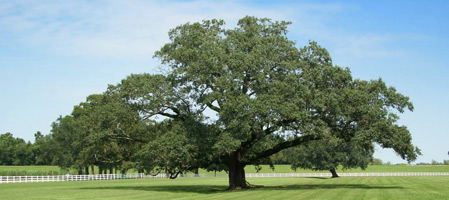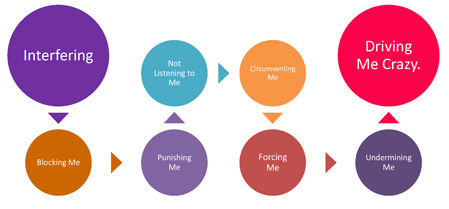Feed the Acorn, but Don’t Forget the Oak: Finding a Meaningful Role for Family Leaders after Retirement

If you have you been invited to a family business conference recently or picked up an educational piece on family wealth, you will have noticed the focus placed on next generation development. In particular the 3 E’s of entrepreneurship, education, and engagement. These are important topics, around which there is still a lot of work to be done; however, there is an ever increasing stock of family members who must reposition themselves as the next generation of elders, alongside this younger generation being prepared to take on the mantel of leadership.
Given the lack of discussion on the topic of how to support older family members as they transition out of their primary roles as CEOs, founders, board chairs or family leaders, one may assume they don’t need support. Indeed, the resounding silence on the subject may lead to the assumption that older family members have cracked the answers to:
- Finding purpose in retirement
- Finding a role in the family enterprise that suits their skills and abilities
- Finding philanthropy sufficiently engaging
- Finding contentment as they structure their affairs
However, the distinct lack of support for those older members in the family after succession, frequently leads to a familiar pattern of complaints from next generation members who can perceive the older members’ behavior during and after the transition period as having a penchant for:

But is this pattern really that surprising?
In many cases family members and their trusted advisors display an abundance of patience, care and attention towards young next generation members as they explore and consolidate their career paths (either inside or outside the family business), yet there is a tangible lack of support and awareness of the challenges that face leaders after they ‘pass the torch’ and themselves embark on a new career.
Indeed, retirement is increasingly referred to as a third career, and in the context of the Family Enterprise it is even more pressing that this be acknowledged. While retirement can be satisfying and enjoyable, the following pitfalls routinely challenge family members who enter it in an unstructured and unsupported manner:
- Boredom
- Regret
- Isolation
- Loss of identity
Each of these warrants further attention, but in the confines of this article, following are some important considerations that can help retiring leaders in their transition:
Career Coaching: Family leaders spin many plates for many years. After transferring out of this role, they have an opportunity to find and enjoy new challenges. A career coach can help identify areas to explore for new growth and develop new skills.
Recognition: Some family members, out of modesty or not wanting to appear to be ‘that-person-who-just-can’t-let-go’ will shy away from a conversation about recognition or evaluation. However, formally or informally identifying ways in which goals (and rewards) can be developed for and aligned to a retired leader’s new contributions can help to promote engagement in his/her new responsibilities.
Share knowledge and travel: Older family members sometimes do not fully evaluate the depth of institutional knowledge they hold. Playing a key role in developing younger members as responsible owners of the business and the wealth is important, but so too is developing their knowledge of the family and the human aspect of what they have built. This is not just an internal exercise, family elders are often the best ambassadors for the business, and travelling to promote and learn from others, in a structured and agreed manner, is a key opportunity.
One or more of these points can be used as a way to kick-start rebalancing the conversation around next generation development. Without addressing older family members’ transition into retirement, families will continue to struggle to achieve smooth leadership transitions. In fact not having a plan for the current leader’s future can be an element that stifles the leader’s willingness to consider succession planning and stepping aside before nature takes its toll.
About Alex Hayward
